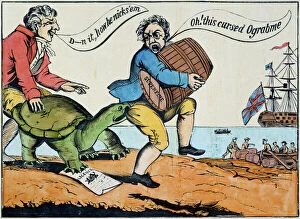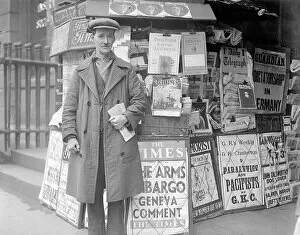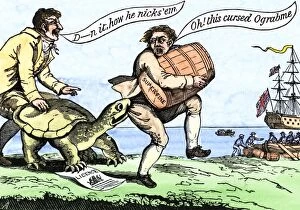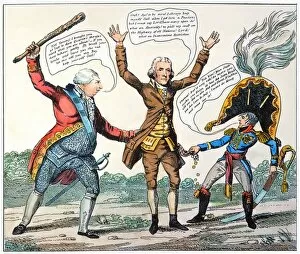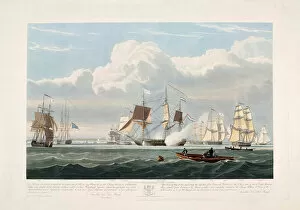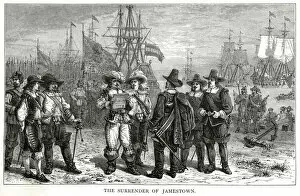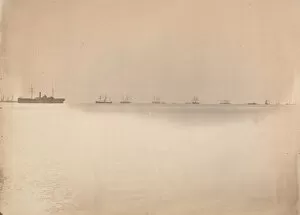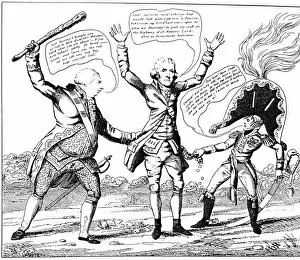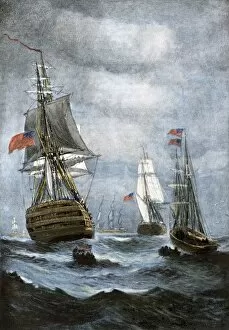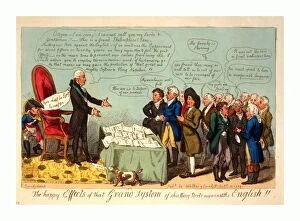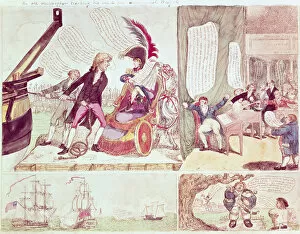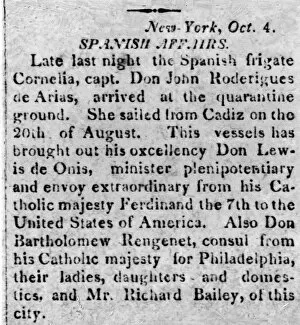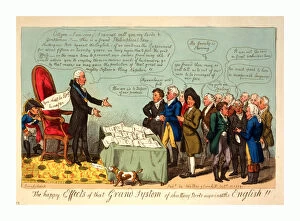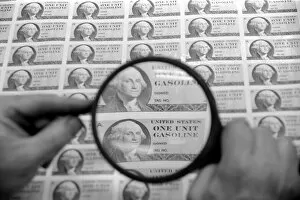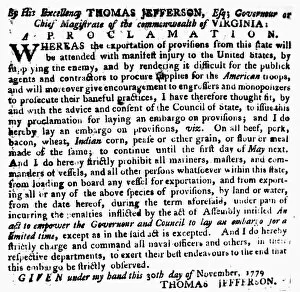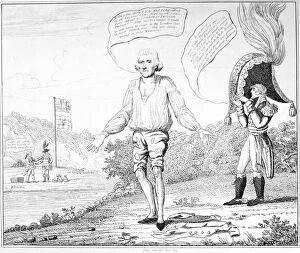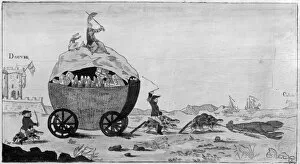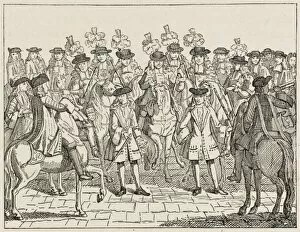Embargo Collection
"Embargo: A Historical Tale of Trade Restrictions and Political Tensions" In the realm of international trade, few words carry as much weight as "embargo
For sale as Licensed Images
Choose your image, Select your licence and Download the media
"Embargo: A Historical Tale of Trade Restrictions and Political Tensions" In the realm of international trade, few words carry as much weight as "embargo. " Throughout history, this term has been associated with a myriad of events that have shaped nations and altered the course of commerce. From political cartoons to newspaper headlines, the concept has captured the attention and imagination of people across time. One such cartoon from 1811 titled "Ograbme, or the American Snapping-Turtle" depicted an allegorical representation of America's response to British trade restrictions. This clever portrayal highlighted how embargoes can be seen as defensive measures against perceived threats to national interests. Fast forward to 1933 when a newspaper seller advertised news about embargoes. The world was still reeling from economic turmoil caused by protectionist policies during the Great Depression. Embargoes became tools used by governments to shield their economies from foreign competition but often resulted in unintended consequences. Even jockeys like Steve Donoghue were not immune to the effects of embargoes. In his career, he faced challenges navigating through restricted trading routes due to political tensions between nations. His story serves as a reminder that even seemingly unrelated industries are impacted by these trade barriers. Protests against embargoes were not uncommon either. In 1807, a powerful cartoon emerged criticizing Thomas Jefferson's trade embargo policy. It showcased public discontent over restricted access to foreign markets and its impact on merchants' livelihoods. The year 1833 witnessed Dutch merchant ships leaving Portsmouth under an embargo situation—an image repeated multiple times—symbolizing how these restrictions affected global maritime commerce during that era. Presidential proclamations also played a significant role in shaping embargoes throughout history. One such proclamation in April 1809 shed light on Anglo-American trade relations at that time—a reflection of diplomatic maneuvering amidst mounting tensions between two powerful nations seeking dominance in the global market.

